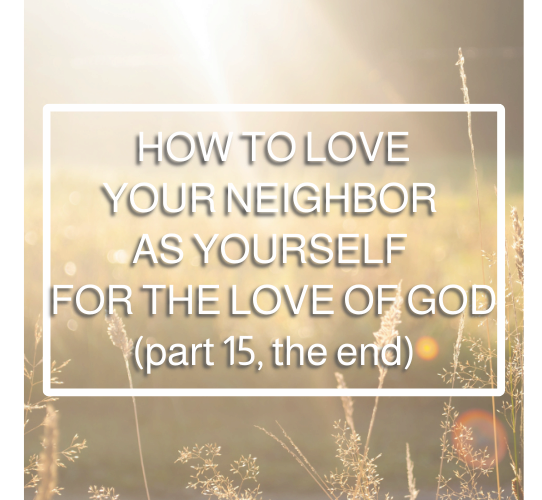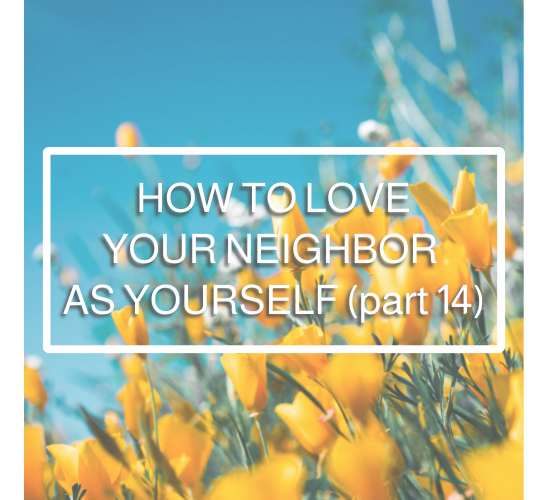Strength & Honor
1 Cor 12:26, If one suffers, all suffer together; if one is honored, all rejoice together.
Wellness is the condition of being aware of your body’s strengths and weaknesses. It is not realistic to seek painlessness. Nor is it noble. We seek strength. And with strength comes pain. With work comes accidents. With life comes age and with age comes a variety of system-failures. Wellness is therefore the condition of attentiveness to the suffering and strength in a body.
Christians fantasize about being a church that is…easy. It makes no demands of their time, their money, their emotions, their social-energy, their sense of self, their plans. Where they are not asked to grow spiritually in any way that’s uncomfortable, they are not asked to interact with anyone “needy,” and they are not asked to let themselves be known by anyone who might not be enthusiastic about them as they are this second. Well, we now have churches like this. Plenty. Where, like the lobster settling into his bath, Christian faith is boiled and blanched, and is now as nutritious as paper and as useful as exhausted light bulbs.
We need a mature understanding of what we are. We are a body. In which body are sufferings and strengths.
A body that doesn’t feel has a serious problem. Some strange damage has been done to that body, and it is at risk. It’s a fun party trick to be able to hold your hand over a flame and be tough about it, but it’s less fun to find that a limb no longer functions because it caught fire and you didn’t notice. A healthy body feels pain.
Now, Paul is not merely suggesting that Christians ought to pay attention to their suffering brother or sister. That’s a righteous act, and is certainly commended elsewhere in Scripture. No, but Paul is saying that Christians do suffer because of the sufferings of our brothers and sisters. And Christians do take strength from the honor our brothers and sisters receive. He’s describing a fact.
And wellness in the local church Body of Christ is not “a feeling of the absence of feeling,” but self-awareness. Feeling our communal feelings, we receive each other’s sufferings in a way that stabilizes those afflicted, and we receive each other’s glory in a way that stabilizes us. Knowing my knee is tender, I tense my quads and calves—the surrounding members. And knowing my grip is strong, I squeeze tighter, giving strength to my arms and shoulders.
Our congregation is a body. We are a defined group functioning together. But are we well? Are we self-aware, giving strength to our sufferers and taking joy along with our joyful?
Paul is writing in order to guide congregations like ours into a stable and joyful faith. But that stability and that joy does not come to each one of us as isolated individuals, but to us and through us in the web of interconnectedness that defines a body.
See, the Gospel is not just about “my relationship with Jesus,” it’s about a “share in the inheritance of the saints in light.” (Col 1:12) Only some of the Gospel-blessings may be “downloaded” straight into my “CPU.” But the way to a deeper and fuller experience of the Gospel is to “log into” “the web” of relationships in the church.
This is here for us, from Jesus. But we must notice it. We must honor it. It can be a simple thing—“How are you, today?” We let their sufferings become, a little bit, our own. We “feel for them.” Their feelings affect our feelings. And we pray for each other—your prayer request becomes my prayer request. And we “rejoice together.” We care that they got that good news. We praise God for it. So their praise becomes our praise. Their joy becomes our joy.
We are a body. We are the body of Christ. We suffer when one of us suffers. When one of us is honored, we rejoice. So share your sufferings, share your joys, and be stabilized and strengthened.
Photo by Gesina Kunkel on Unsplash











